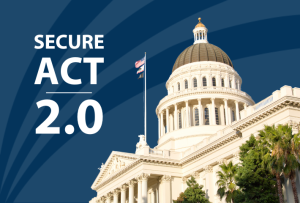
The Consolidated Appropriations Act of 2023 (P.L. 117-328) was signed into law on December 29, 2022. The Act includes the Secure 2.0 Act which has over 90 changes to retirement plans, some that went into effect immediately and others that will not be effective until 2025. Wegmann Dazet’s Kathy Flattmann, CPA describes the changes in the Secure Act and explains what businesses need to know for their retirement plan.
The Act hopes to make it easier for employees to save for retirement. Below we look at some of the changes and when they will be effective. Although some of these changes are not effective immediately, it is a good idea for employers to review their plan document and determine what, if any, amendments will be needed. Wegmann Dazet is also available to discuss any of these changes and how they might impact your business.
Retirement Plan changes that went into effect for 2023:
- Starting age for required minimum distributions (RMDs) is 73 (previously this was 70 ½). The age will be increased to 75 in 2033. Penalties for not taking required minimum distributions were decreased.
- Employers may amend their plan to allow matching contributions to be designated as Roth contributions that go directly into an employee’s Roth 401(k). Previously the match was contributed pre-tax. Roth contributions would be included in participants’ taxable wages but will increase in value tax-free with tax-free distributions.
- Employers can elect to rely on employees self-certifying that the employee has experienced a hardship for purposes of taking a hardship withdrawal from 401(k) or 403(b) plans. Previously, documentation was required to be obtained and retained.
- 403(b) plans are able to invest in collective investment trusts. Previously, they could only invest in mutual funds or annuity contracts. This expansion should allow 403(b) plans expanded investment options with lower costs.
Retirement Plan changes that go into effect for 2024:
- Employers have the option to amend their retirement plan to allow employer matching calculated on employees’ student loan payments. The employer matching will be deposited into the employees’ retirement account and the student loan will continue to be repaid. For example, if an employee pays $200 a month towards a qualified student loan (and none towards retirement), the employer has the option to treat the payment as if the employee had deferred $200 from their paycheck into a retirement plan account and receive the calculated employer match per the plan document into the participant’s retirement account. The employer is not repaying the loan principal or interest only contributing to the retirement account. Additional guidance on this is expected.
- Employers may amend their retirement plans to offer short-term emergency savings accounts. These accounts will be funded with after-tax Roth salary deferrals up to $2,500 (indexed for inflation) and are eligible to receive matching contributions. The first four withdrawals each plan year cannot be subject to any withdrawal fees.
One Retirement Plan Change for 2025:
- New 401(k) and 403(b) plans established after December 29, 2022 must provide for automatic contributions for plan years starting January 1, 2025. The deferral percentage must be at least 3% and not more than 10% of compensation, with automatic escalation of at least 1% per year up to a deferral rate of not less than 10% but not more than 15% (10% until January 1, 2025). Participants can opt out of automatic enrollment or automatic escalation. Note that plans in effect on or before December 29, 2022, business with 10 or fewer employees, and business that have been in business for less than three years are all exempt from these rules.
One Retirement Plan Change for 2026:
- Catch-up contributions for participants who are 50 or older and who earned more than $145,000 in the prior year (indexed for inflation) must be made on a Roth (after-tax) basis.
If you have any questions about the Secure Act 2.0 or about what businesses need to know for their retirement plan, Wegmann Dazet is here to help. Contact us today
- Historic Tax Credits - March 26, 2025
- SECURE 2.0 Act – What Businesses Need to Know for Their Retirement Plan - January 22, 2024
- COVID-19 IMPLICATIONS FOR EMPLOYEE BENEFIT PLANS (EBPs) - June 30, 2020


